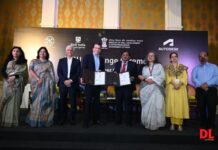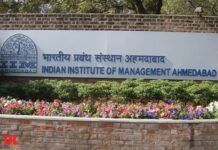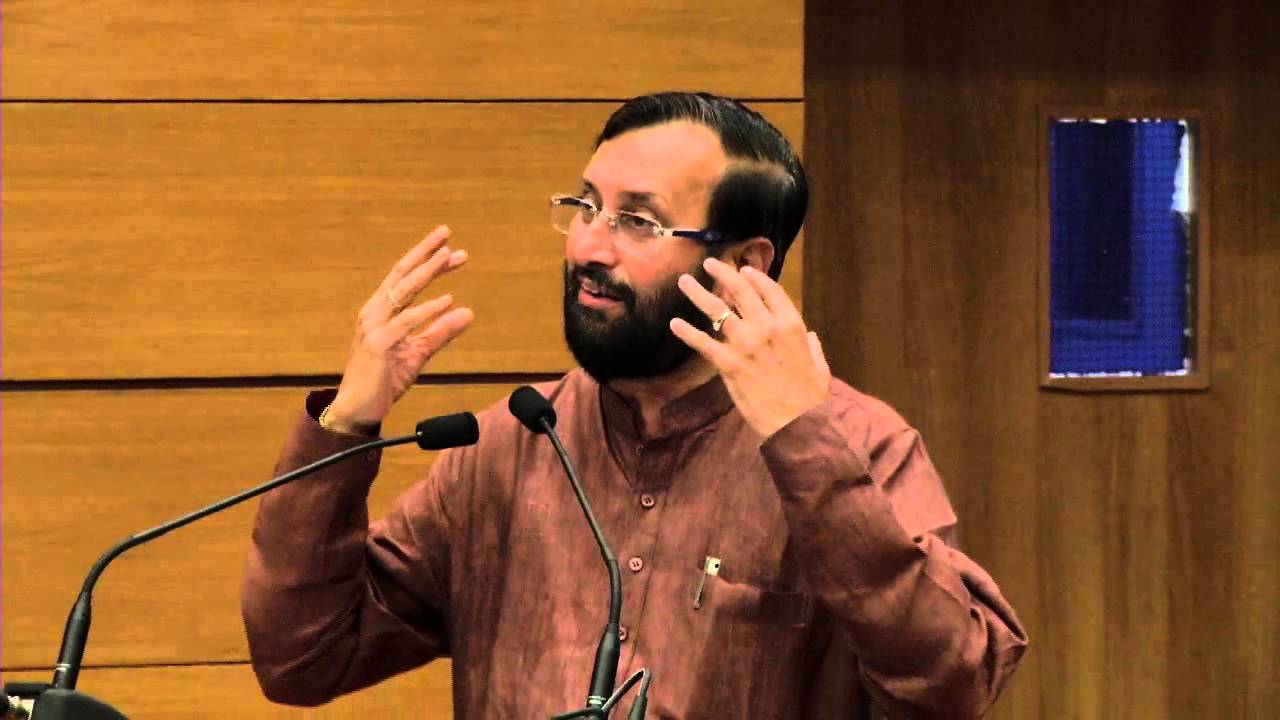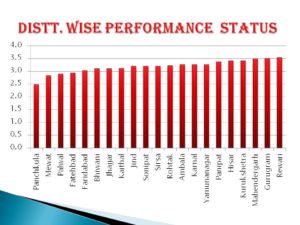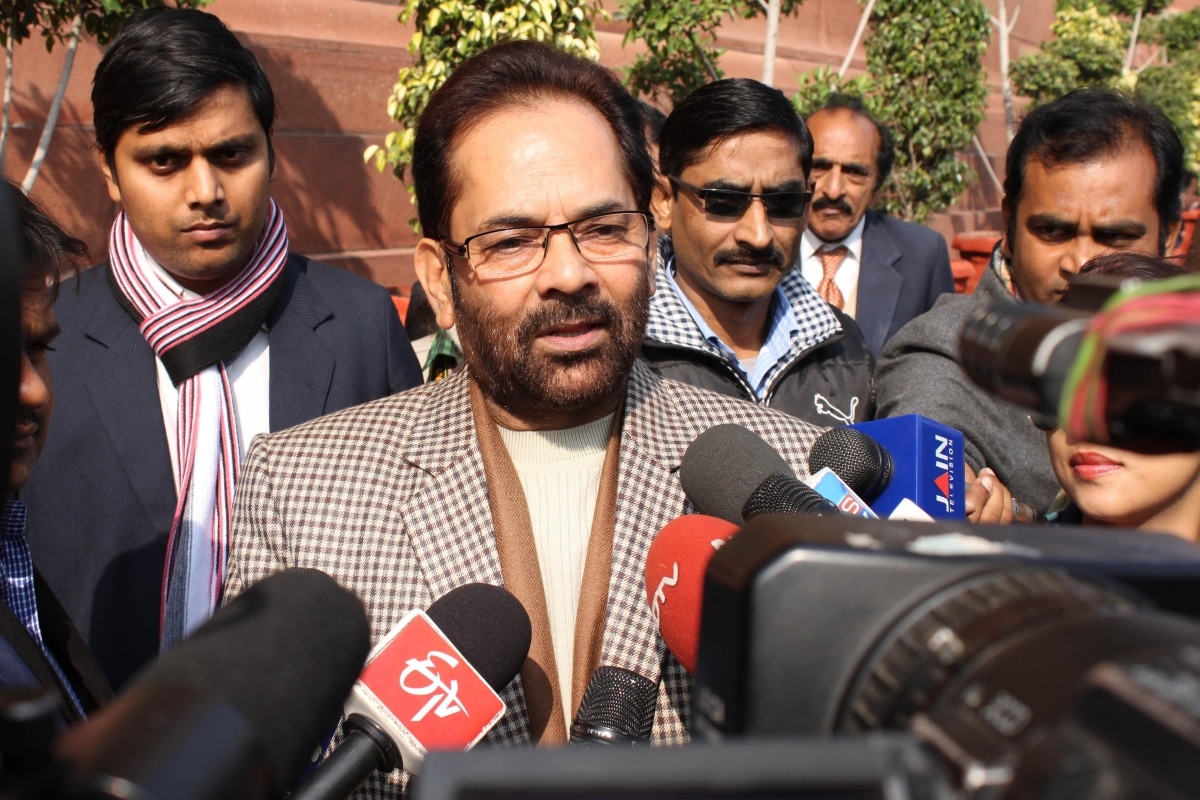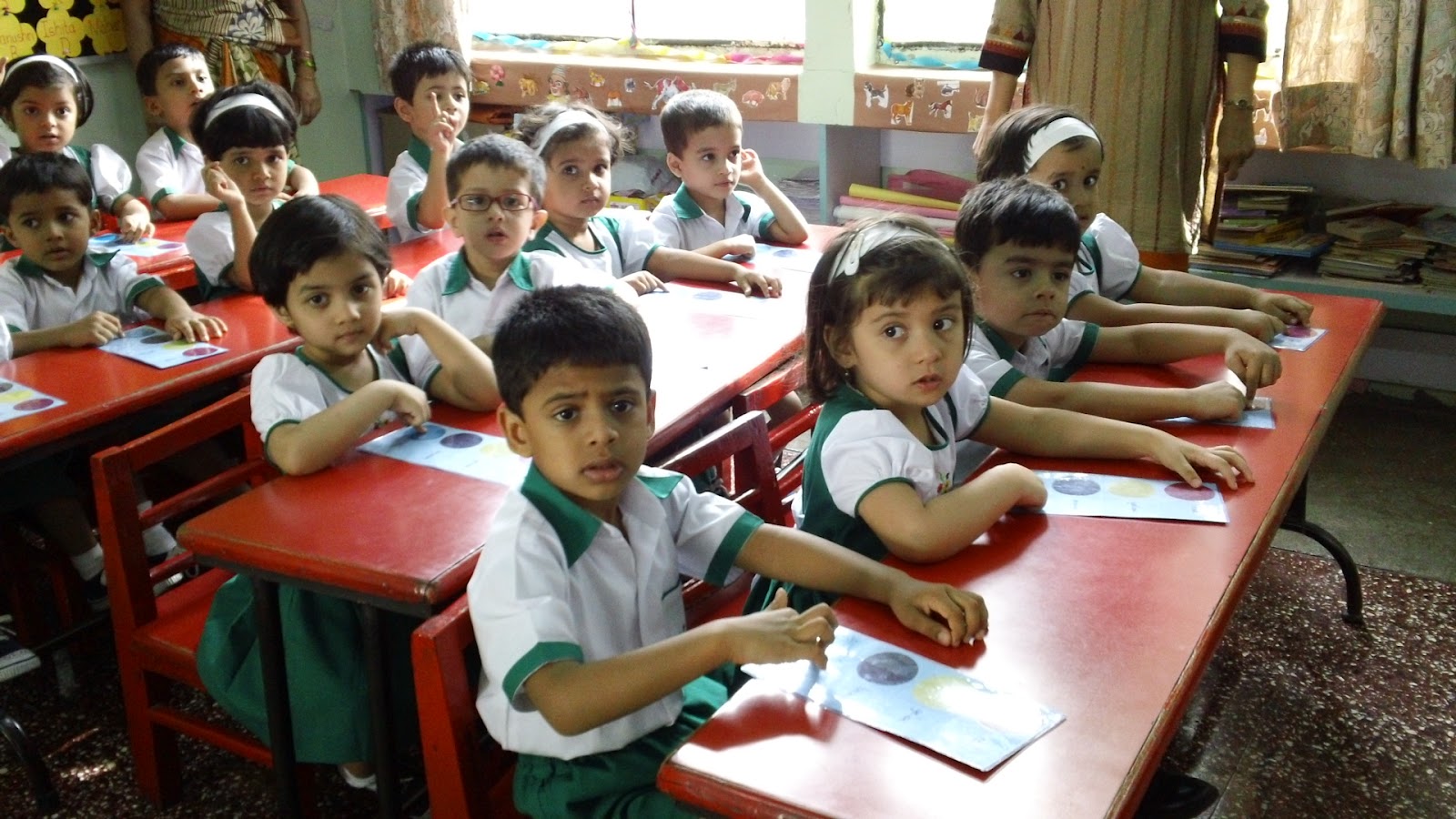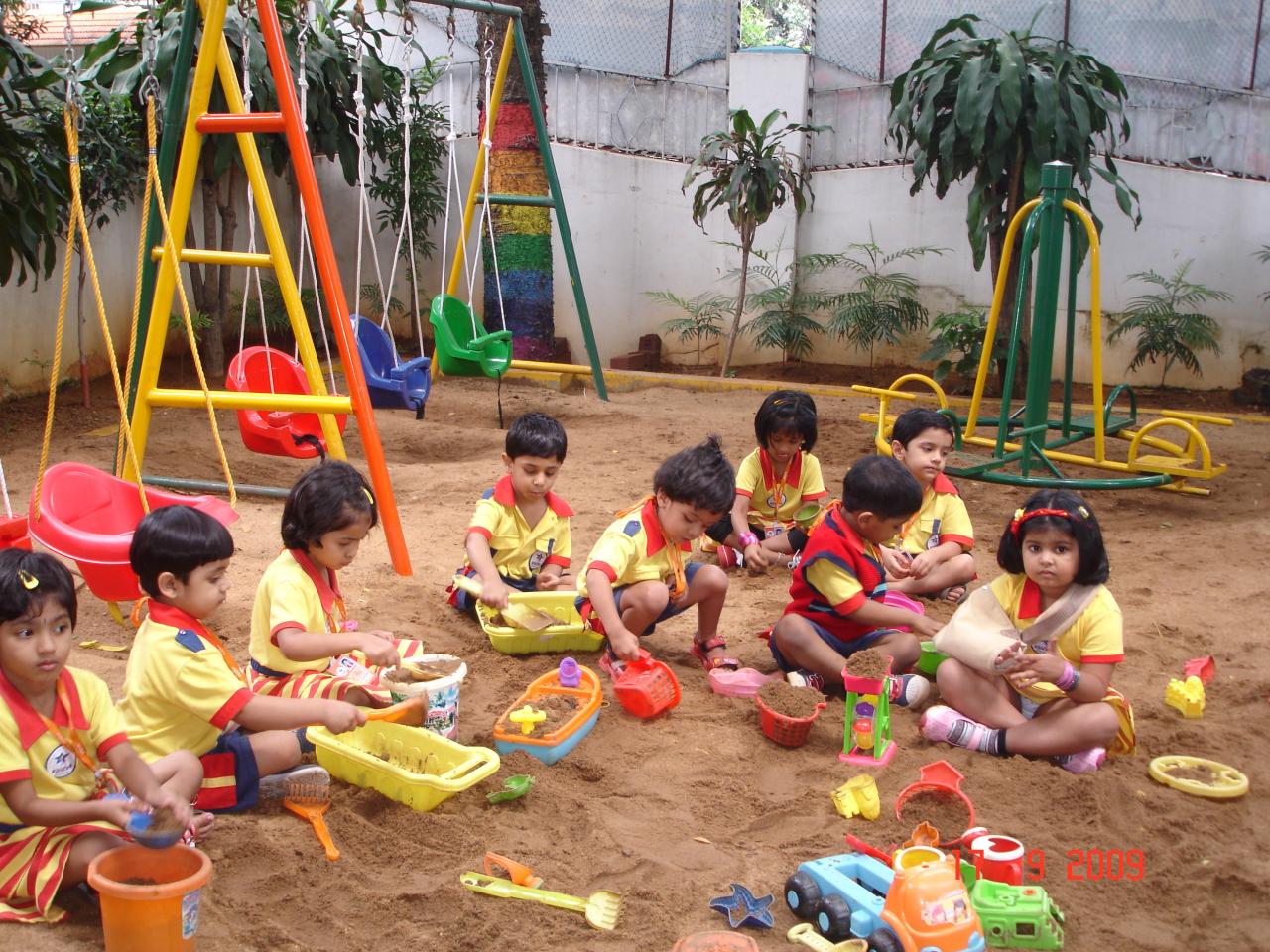The central government may soon come out with a policy to set up 20 world-class universities in the country with ten each in private and public sector, Union Human Resource Development Minister Prakash Javadekar has revealed.
Addressing the Youth Pravasi Bharatiya Divas 2017, Javadekar said, “We have finalised guidelines and soon will implement the policy to set up 20 world class universities in India, ten from private and ten from public institutions”.
“Earlier, we had the best universities Nalanda, Takshashila and Vikramsila. In those days, almost all the ten world-class universities were from India. This was destroyed by invaders because they knew the power of India lay in education,” the Economic Times quoted him as saying.
He said that to establish a Higher Education Financing Agency (HEFA) has also been approved by the cabinet. The agency will give a major push for creation of high quality infrastructure in premier educational institutions. Ministry of Human Resource Development (MHRD) will promote the HEFA with an authorised capital of Rs 2,000 crore.
“The Government equity would be Rs 1,000 crore,” he added. HEFA would leverage the equity to raise up to Rs 20,000 crore for funding projects for infrastructure and development of world class labs in professional institutions.
The government, the minister said, will soon launch Global Research Interactive Network Programme which will rovide scholarship and opportunity to students to work with reputed foreign laboratories and enjoy the liberty of returning to India to continue with research.

